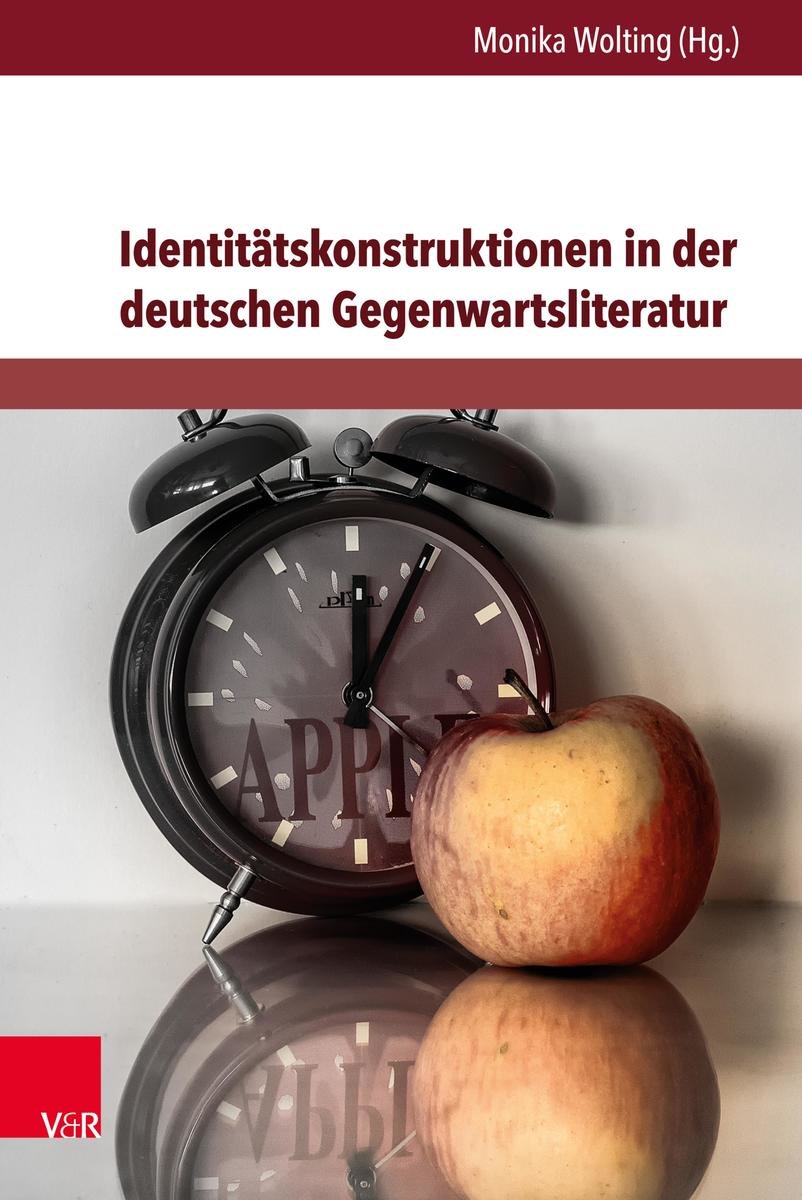Von unterschiedlichen wissenschaftlichen Perspektiven ausgehend zeigen die Beiträge des Bandes, auf welche Weise in ausgewählten Texten der Gegenwartsliteratur Fragen nach der Konstruktion von Identität beantwortet werden. In diesem Zusammenhang geht es insbesondere um Figuren, die - nicht zuletzt über Erinnerungsprozesse - dem gegenwärtigen wie früheren Selbst auf die Spur zu kommen suchen. Dabei spielt auch die Frage eine Rolle, welchen Einfluss der gesellschaftliche Wandel ab 1989 auf die literarischen Figuren hat und inwiefern es zu Störungen gekommen ist. Die Beiträgerinnen und Beiträger werfen vor dem Hintergrund unterschiedlicher Forschungskulturen einen jeweils spezifischen Blick auf die deutsche Literatur und belegen einmal mehr, wie wichtig sogenannte Fremdbeobachtungen sind. Taken from various scholarly perspectives, the chapters within this volume show how hypotheses concerning the construction of identity are answered in specific narratives of contemporary literature. Within this context, particular focus is placed on figures who - not least through remembrance processes - seek to find their present as well as their former selves. In doing so, two questions are addressed: what impact did societal change have on literary figures as of 1989 and to what extent were there the occasional disruptions? The contributors, who come from entirely different cultural schools of thought, correspondingly place German literature under the microscope, demonstrating yet once more the significance of external observations.


